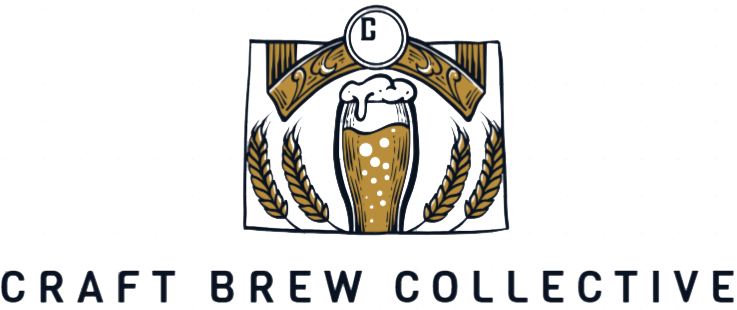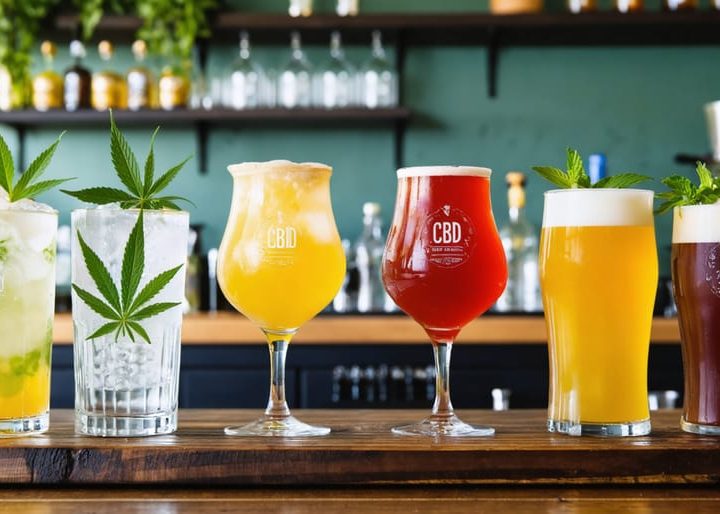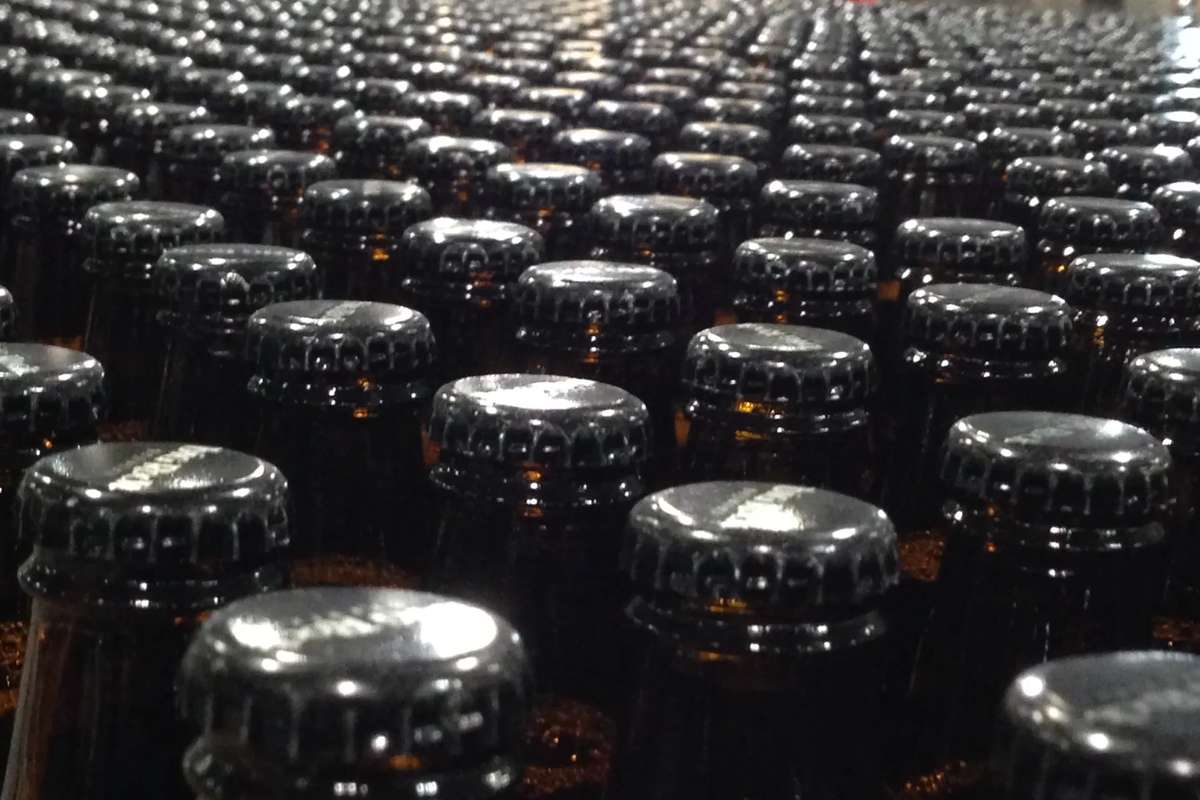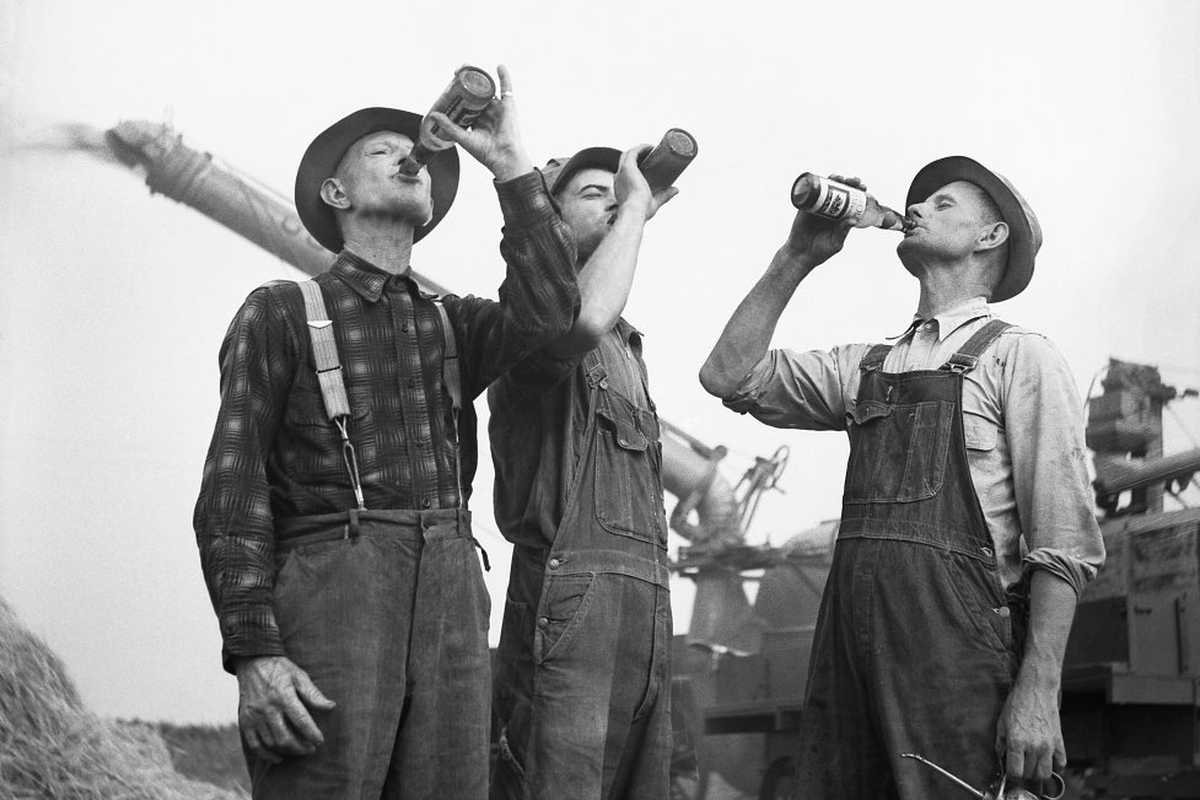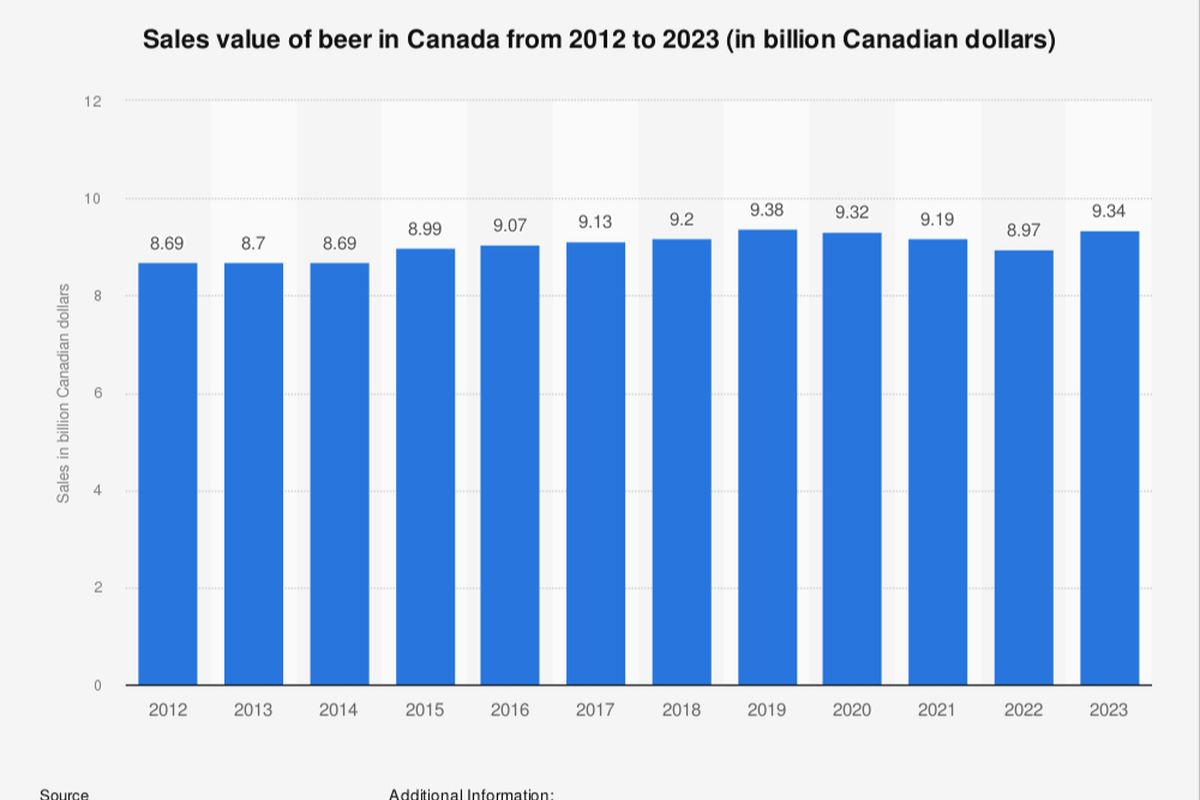Craft beverage artisans are revolutionizing the wellness drink market by expertly infusing organic CBD oil Canada into their meticulously crafted beverages, creating a new category of functional drinks that merge traditional brewing expertise with modern wellness trends. From sparkling hop-infused waters to botanical-rich kombuchas, these innovative beverages are reshaping how we think about relaxation and refreshment. Local brewmasters and beverage artisans are pioneering unique formulations that carefully balance flavor profiles with precise CBD dosages, offering consumers a sophisticated alternative to conventional CBD delivery methods. As the craft beverage industry continues to evolve, these CBD-infused creations represent a perfect fusion of artisanal craftsmanship and plant-based wellness, appealing to both traditional craft beverage enthusiasts and health-conscious consumers seeking natural alternatives for relaxation and overall wellbeing.
The Art of Infusing CBD in Craft Beverages
Water-Soluble CBD Technology
At the heart of CBD-infused beverages lies an innovative solution to a fundamental challenge: making oil-based CBD mix seamlessly with water. Traditional CBD oil naturally separates from water, much like oil floating on top of your morning coffee. Enter water-soluble CBD technology, the game-changer that’s revolutionizing the craft beverage industry.
The process begins with nano-emulsification, where CBD particles are broken down to microscopic sizes – typically between 10 to 100 nanometers. These tiny particles are then encased in a water-friendly outer layer, creating what scientists call a “nanoemulsion.” Think of it as wrapping each CBD molecule in a protective coat that plays nice with water.
This technology offers several advantages for craft beverage makers. First, it ensures even distribution throughout the drink, delivering consistent CBD content in every sip. Second, these nano-sized particles are more readily absorbed by the body, potentially increasing the CBD’s effectiveness. Finally, it helps maintain the beverage’s clarity and prevents that unsightly separation that could turn off consumers.
Local brewers particularly appreciate how this technology allows them to maintain the integrity of their craft beverages while adding CBD’s benefits. The process doesn’t alter the taste profile of the original drink, meaning brewers can preserve the complex flavors they’ve worked so hard to perfect.

Flavor Profile Engineering
Creating the perfect flavor profile for CBD-infused beverages requires a delicate balance of traditional craft brewing ingredients and innovative taste engineering. Master brewers have discovered that CBD’s naturally earthy and sometimes bitter notes can either complement or clash with different flavor components, making the art of taste balancing crucial for success.
Many craft brewers start with a neutral base, often utilizing light malts or clear spirits, then layer complementary flavors that mask or enhance CBD’s natural profile. Citrus notes, particularly from varieties like yuzu or Meyer lemon, work exceptionally well to brighten the overall profile while maintaining harmony with CBD’s earthiness. Tropical fruits, herbs, and botanical elements like lavender or chamomile can create sophisticated flavor combinations that appeal to both traditional craft beverage enthusiasts and wellness-minded consumers.
Water quality plays a surprisingly important role, as mineral content can significantly impact how CBD bonds with other ingredients and how flavors are perceived on the palate. Some brewers are experimenting with specialized filtration systems and pH adjustments to create the perfect foundation for their CBD beverages.
The key to successful flavor engineering lies in finding the sweet spot where CBD’s benefits shine through while delivering an enjoyable drinking experience that keeps customers coming back for more.

Popular CBD-Infused Craft Beverage Styles
Non-Alcoholic CBD Craft Beers
The craft brewing industry has embraced cannabis-infused brewing innovations with open arms, creating a new category of non-alcoholic CBD beers that deliver the complex flavors beer lovers crave without the alcohol. These innovative beverages align perfectly with emerging health-conscious brewing trends, offering a sophisticated alternative for those seeking the social experience of craft beer without the effects of alcohol.
Brewers are utilizing advanced extraction techniques to infuse CBD into hop-forward recipes, creating familiar profiles that mirror traditional IPAs, stouts, and lagers. The absence of alcohol allows the subtle hemp notes to shine through, complementing the natural terpenes found in both hops and cannabis. Popular varieties include citrus-forward session alternatives, rich chocolate CBD stouts, and crisp hemp lagers that provide a refreshing option for warm-weather gatherings.
Local craft breweries are leading this revolution, developing proprietary processes that maintain the integrity of both the CBD compounds and the complex malt characteristics that craft beer enthusiasts appreciate. These beverages typically contain 20-25mg of CBD per serving, offering a balanced experience that combines brewing tradition with wellness benefits.
CBD Sparkling Waters and Sodas
The sparkling beverage category has emerged as one of the most dynamic segments in the CBD drinks market, offering refreshing alternatives to traditional sodas. These effervescent beverages combine the calming properties of CBD with creative flavor profiles, ranging from classic citrus to exotic botanical blends.
Craft beverage makers are experimenting with various formulations, often using natural sweeteners like monk fruit and stevia to create sophisticated, health-conscious options. Popular flavor combinations include lavender-lemon, ginger-lime, and berry-mint, each carefully balanced to complement CBD’s subtle earthy notes while maintaining the crisp, refreshing character of a carbonated drink.
Many producers have mastered the art of stable CBD emulsion in carbonated beverages, ensuring consistent dosing and optimal absorption. The carbonation process itself requires precise control, as excessive bubbles can affect both the CBD distribution and flavor profile. Typically, these beverages contain between 15-25mg of CBD per serving, offering a moderate dose that appeals to both newcomers and experienced CBD consumers.
Local craft beverage makers often partner with regional hemp farmers, creating sustainable supply chains while supporting their communities. This farm-to-bottle approach has resonated strongly with consumers who value transparency and local sourcing in their beverage choices.
CBD Kombucha and Fermented Drinks
The marriage of CBD and fermented beverages has created an exciting new frontier in the craft beverage industry, with kombucha leading the charge. These probiotic-rich drinks offer a unique platform for CBD integration, combining the gut-health benefits of fermentation with the calming properties of cannabidiol.
Craft brewers are experimenting with various fermentation techniques to create CBD kombuchas that maintain both the integrity of the probiotic cultures and the efficacy of the CBD. The natural effervescence of kombucha, produced by the SCOBY (Symbiotic Culture of Bacteria and Yeast), creates a pleasant delivery system for CBD that masks any hemp-forward notes while adding complexity to the flavor profile.
Beyond kombucha, other fermented beverages like water kefir and jun tea are emerging as popular CBD-infused options. These drinks typically feature lower sugar content and creative flavor combinations using organic fruits, herbs, and botanical elements. Many craft brewers are sourcing local ingredients and working with regional hemp farmers to create truly artisanal products.
The fermentation process requires careful monitoring of temperature and pH levels to ensure the CBD remains stable throughout production. Successful brewers have found that adding CBD after the primary fermentation yields the best results, preserving both the beneficial compounds and the desired taste profile.
Local Success Stories
From Craft Beer to CBD Innovation
The evolution from traditional craft brewing to CBD-infused beverages represents a natural progression for many innovative brewers. Take Coalition Brewing in Portland, Oregon, which pioneered the CBD beer movement with their Two Flowers IPA. Drawing from their expertise in balancing hop profiles, they successfully translated their knowledge to create harmonious CBD flavor combinations.
Vermont’s Long Trail Brewing Company exemplifies the seamless transition from craft beer to CBD beverages. Their master brewers applied their understanding of water chemistry and flavor extraction to develop a line of CBD-infused seltzers that maintain the company’s commitment to quality and local sourcing.
SweetWater Brewing in Atlanta demonstrates how established breweries can embrace CBD innovation while honoring their craft beer roots. Their research and development team spent months perfecting their CBD-infused beverages, ensuring the same attention to detail that earned them recognition in the craft beer world.
These success stories highlight a common thread: brewers’ existing expertise in flavor profiling, quality control, and production scaling provides a solid foundation for CBD beverage creation. Many report that their experience with hop terpenes helped them understand CBD integration, while their knowledge of natural preservation techniques proved invaluable for maintaining product stability.
For these craft brewers, expanding into CBD beverages isn’t just about following trends—it’s about applying their artisanal approach to create something innovative while maintaining their commitment to quality and community values.
Community Impact and Reception
The introduction of CBD-infused craft beverages has created ripples throughout local communities, transforming both social spaces and consumer preferences. Initial market research indicates a significant craft beverage market impact, with local breweries reporting increased foot traffic and heightened customer engagement since launching their CBD product lines.
Community response has been particularly enthusiastic in regions with established craft brewing cultures. Tasting rooms and taphouses have evolved into educational spaces where consumers can learn about CBD benefits while enjoying innovative beverage combinations. Local brewers have partnered with farmers’ markets and wellness events, creating new channels for community connection and product education.
Social media engagement metrics show that CBD-infused beverages are sparking conversations beyond traditional craft beer circles. Wellness enthusiasts and non-alcoholic beverage seekers are discovering local breweries, leading to more diverse and inclusive community spaces. Many breweries report that their CBD offerings have attracted customers who previously didn’t frequent craft beverage establishments.
Sustainability-minded consumers have particularly appreciated breweries using locally-sourced CBD and eco-friendly packaging. Several communities have seen the emergence of “conscious consumption” groups, organizing regular tastings and educational sessions focused on responsible enjoyment of CBD beverages. This growing movement has helped establish these products as more than just a trend, but rather as a meaningful addition to the craft beverage landscape.
Sustainability and Sourcing
The CBD-infused beverage industry is leading the charge in sustainable practices, with many craft producers embracing environmentally conscious methods throughout their supply chain. From seed to sip, these producers are implementing innovative solutions to minimize their environmental footprint while maintaining the highest quality standards.
Local sourcing plays a pivotal role in sustainability efforts. Many craft beverage makers partner with nearby hemp farmers who practice organic cultivation methods, reducing transportation emissions and supporting regional agricultural communities. These partnerships often involve regenerative farming practices that enhance soil health and promote biodiversity, creating a positive impact beyond the beverage itself.
Water conservation stands at the forefront of sustainable production. Forward-thinking producers implement closed-loop systems that recycle water used in the extraction and production processes. Some facilities have installed rainwater collection systems and drought-resistant landscaping, demonstrating their commitment to responsible resource management.
Packaging choices reflect this commitment to sustainability. Many craft CBD beverage makers opt for recyclable aluminum cans over glass bottles, as aluminum has a higher recycling rate and lower transportation weight. Others pioneer biodegradable packaging solutions or implement bottle return programs that encourage consumer participation in sustainability efforts.
Energy efficiency has become another focal point, with numerous producers investing in solar panels and energy-efficient equipment. Some facilities have gone entirely off-grid, while others participate in community solar projects, supporting the transition to renewable energy sources.
Waste reduction initiatives extend to every aspect of production. Spent hemp material finds new life as compost for local farms or raw material for textile production. Even the extraction process has been refined to minimize waste, with some producers developing proprietary methods that maximize CBD yield while reducing resource consumption.
These sustainable practices not only benefit the environment but also resonate with conscious consumers who increasingly demand transparency and responsibility from their beverage producers. The result is a craft CBD beverage industry that’s not just creating innovative drinks but actively contributing to a more sustainable future.

As we look to the horizon of craft brewing, CBD-infused beverages stand poised to revolutionize the industry in remarkable ways. The convergence of traditional brewing expertise with innovative CBD integration has opened new frontiers for creativity and consumer experience. Craft brewers across the country are embracing this evolution, developing sophisticated flavor profiles that harmoniously blend the calming properties of CBD with the artisanal quality craft beer enthusiasts have come to expect.
The market signals are clear: consumers are increasingly seeking out beverages that offer both enjoyment and wellness benefits. This shift has encouraged breweries to invest in research, development, and sustainable practices, ensuring their CBD-infused offerings meet the highest standards of quality and consistency. As regulations continue to evolve and stabilize, we can expect to see more breweries entering this space with innovative products that push the boundaries of what’s possible in craft brewing.
Looking ahead, the CBD craft beverage movement is likely to strengthen the connection between local breweries and their communities, fostering a new generation of conscious consumers who value both tradition and innovation. The success of these products has already begun to influence broader industry trends, suggesting that CBD-infused craft beverages aren’t just a passing fad but rather a significant evolution in the craft brewing landscape. As we raise our glasses to the future, it’s clear that CBD craft beverages will continue to play a vital role in shaping the next chapter of brewing history.
